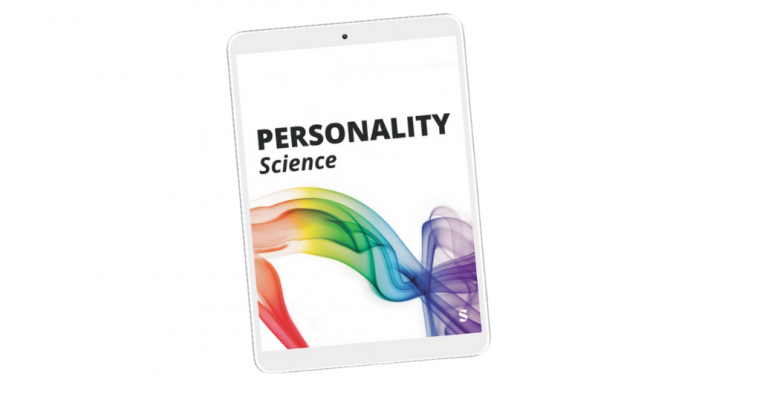Personality psychology is already the psychological discipline with the most bandwidth, examining differences between (interindividual perspective) and within (intraindividual perspective) individuals or groups of individuals in biological, psychological, and social origins, expressions, structures, dynamics, processes, mechanisms, functioning, development, and consequences. The journal Personality Science seeks to capitalize on this rich smorgasbord and subscribes broadly to the idea of even further expanding the field beyond disciplinary or geographic borders. This includes examining non-pathological and pathological individual differences between and within humans, animals, virtual avatars, intelligent systems, and robots. The journal publishes the highest-quality theoretical, methodological, empirical, applied, and commentary papers continuously once they are ready – exclusively in an online open-access format (i.e., with no article processing charges or paywalls).
We plan to foster diversity through three interrelated expansions that set our journal apart from more traditional and narrower top-tier personality journals:
Expansion of the field. The journal is multidisciplinary in scope and also actively seeks out contributions from fields of science other than psychology (e.g., genetics, anthropology, sociology, computer science, economics, educational science, medicine, political science, etc.) that also study personality and individual differences, broadly construed. It thus seeks to honor personality science as a hub science and enable cross-fertilization of topics, ideas, theories, methods, and applications between different disciplines or areas of inquiry.
Expansion to the public. The journal welcomes papers that concern how personality science can inform, and be informed by, societal and geo-political issues, public interest, policy, and applied practice. It seeks to open up the field to a more diverse readership, including policy-makers, industry, NGOs, and international institutions. The journal thus aims to publish papers of significant relevance and implications, which includes both basic and applied research.
Expansions in geographical reach. The journal seeks high-quality publications from authors around the globe and publications using non-WEIRD samples. As geographical diversity is a core concern for us, the journal aims to foster regional diversity and inclusion by a diverse editorial team, special invited topics, and public outreach initiatives.
